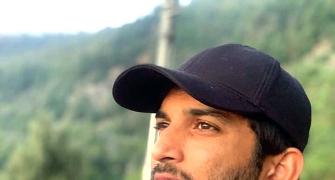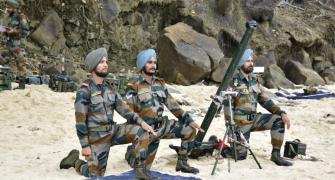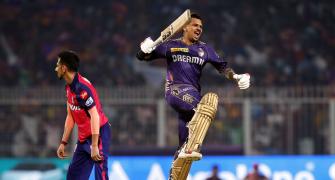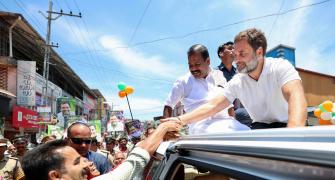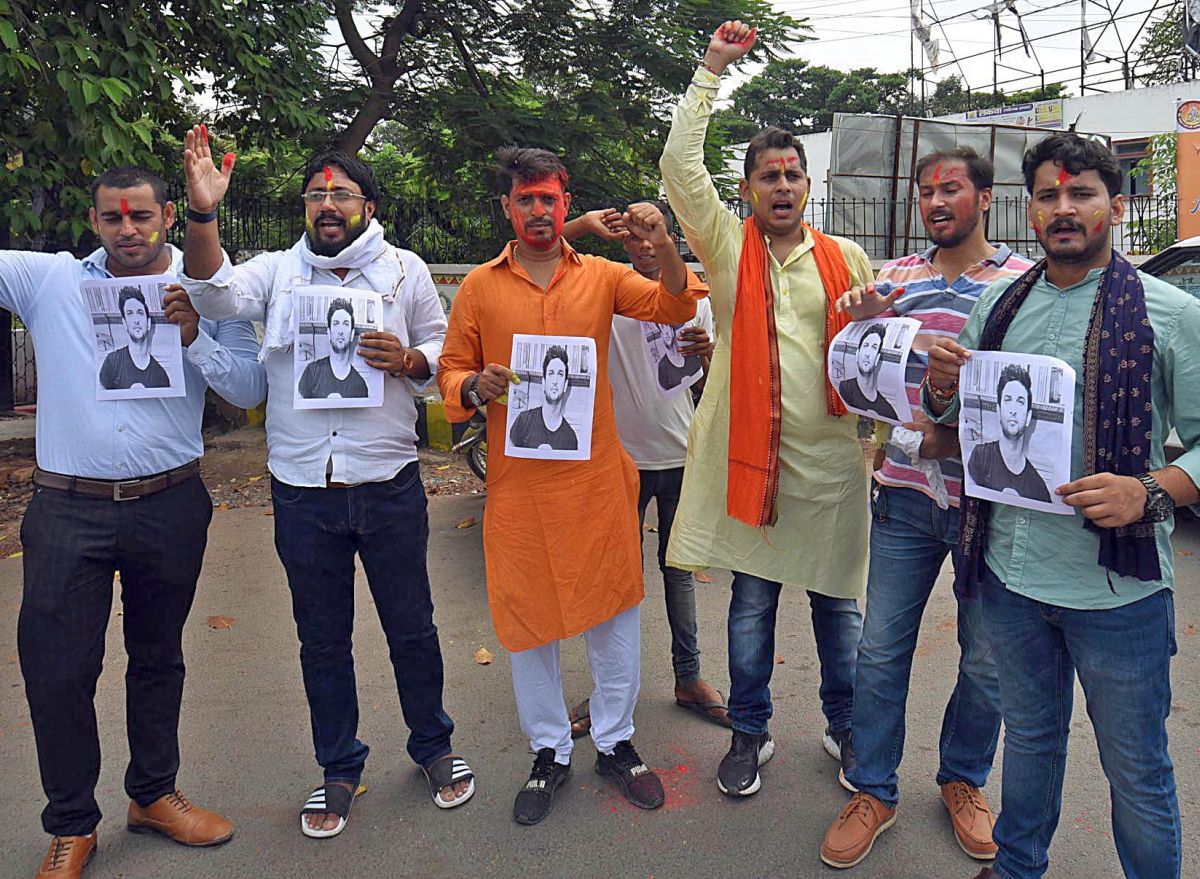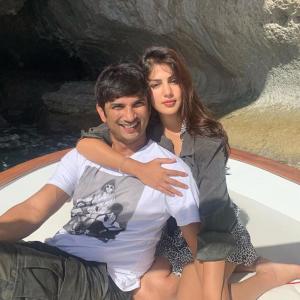The Bombay high court on Thursday asked the Union government to clarify whether "excessive" reportage by the press on an ongoing investigation amounted to interference in the administration of justice under the Contempt of Courts Act.
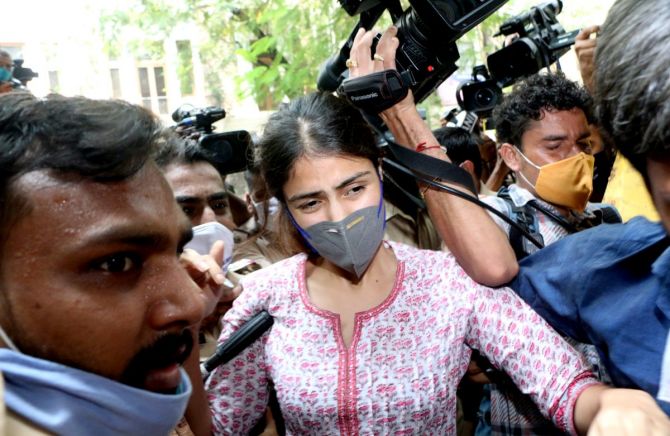
A bench of Chief Justice Dipankar Datta and Justice G S Kulkarni asked the government to state by November 6 if such reportage adversely affects the probe and subsequent trial, and if the court should lay guidelines on media reporting.
"If there is excessive reporting, that can put an accused on guard, and he may resort to destroying evidence or absconding. Or if that person is actually innocent, the excessive media reporting can damage his reputation," it said.
"We would not like the media to cross its boundaries and we would also like to be within our boundaries," the court said and asked the State if such reportage would amount to interference and if the government thought the HC had the jurisdiction to frame guidelines.
"Whether excessive reporting by media in an ongoing investigation amounts to interference in administration of justice under Section 2(c) of the Contempt of Courts Act and should we lay guidelines? This is the issue before us," the HC said.
It also asked the government's counsel, additional solicitor general (ASG) Anil Singh, to consider scenarios where such reportage on an ongoing probe, where a charge sheet was yet to be filed, influenced the investigating officer, or resulted in a witness being threatened.
It asked if the court must step in and formulate guidelines to regulate the press to avoid such scenarios.
"If media identifies that a person is a very vital witness, he could be won over, threatened, or he could be even physically harmed so that he does not give evidence," it said.
On the possibility of the press influencing an investigating officer, the HC said, "Think of a police officer. Can anyone guarantee that he will not be influenced?"
"He may be following a particular track. Media says no no, this must be the track. He loses track and rounds up an innocent person," it said.
"Or, if the officer is competent and does not get influenced, then the media starts maligning him. Is this welcome in a society governed by rule of law?" the HC asked.
The court was hearing final arguments on a bunch of public interest litigations seeking that the media trial in the probe into actor Sushant Singh Rajput's death be stopped.
The pleas have been filed by some activists and retired police officers.
On the previous hearings, the HC heard the petitioners, private TV news channels, and the National Broadcasters Standards Authority (NBSA) on the need for a regulatory mechanism for the electronic media.
The TV channels and the NBSA argued in favour of a self-regulatory mechanism and said the State must not be given any control over their content.
On Thursday, the HC said it had expected the government to address the court on the queries raised above.
It directed ASG Singh to file his written submission and address the court on November 6 on all the questions raised by the bench.
The court said the media often defended such reportage by saying it constituted investigative journalism.
However, investigative journalism was meant "to lay bare the truth," it said.
"Is there any law which says that whatever an investigation agency collected as evidence should be laid before the public? Where is the obligation for the investigating officer to disclose evidence?" the HC asked.
"How does the post-mortem report come to the media unless of course it is disclosed? Should we lay down guidelines on these aspects?" the court sought to know.
The HC also said if the press had access to information that could aid a probe, then it should give such information to police under Section 38 of the Criminal Procedure Code (CrPC).


